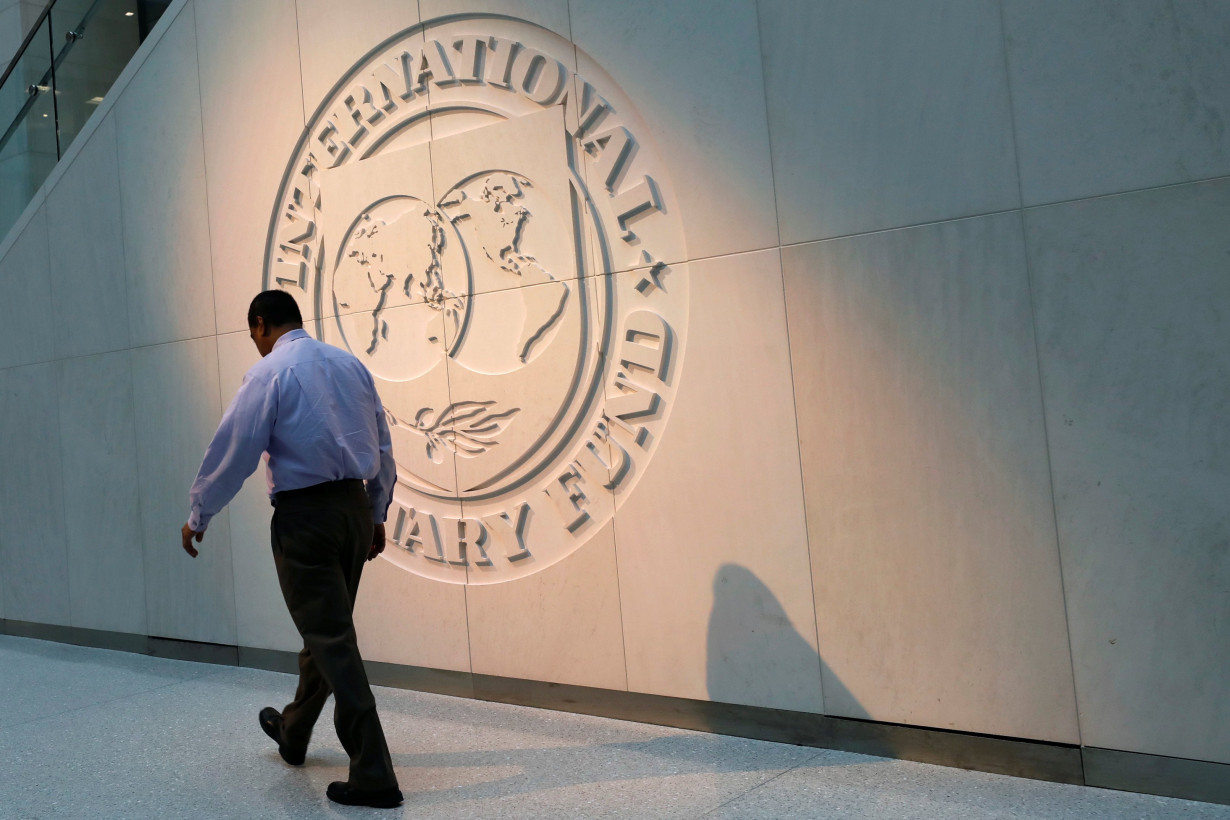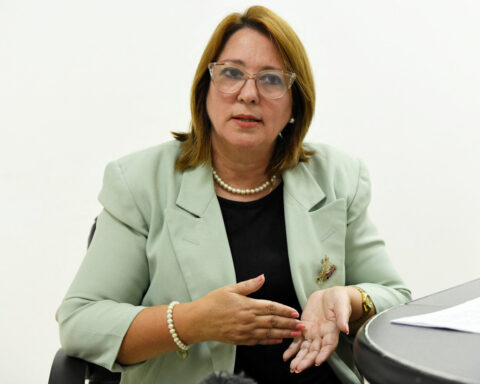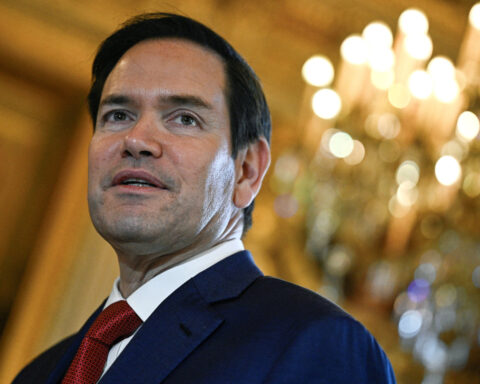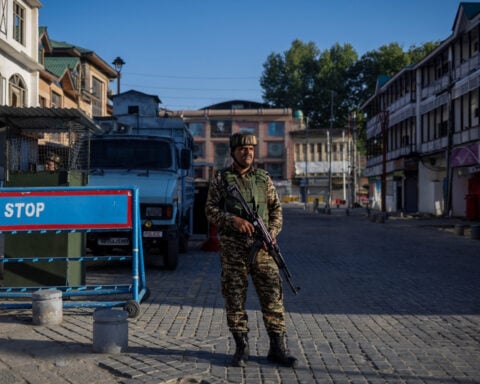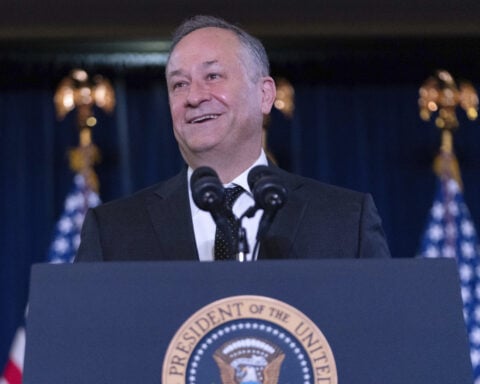BUENOS AIRES (Reuters) -Argentina's government expects the International Monetary Fund board will approve a $20 billion loan deal at the end of the week, a government spokesman said on Wednesday, in what would mark a key step to boost the flagging economy.
On Tuesday, the IMF announced it had reached a staff-level agreement on the deal, paving the way for the vote in an expected board meeting on Friday.
"For us it's extremely important that the IMF is on its way to approving this agreement, which will be finalized on Friday," presidential spokesman Manuel Adorni told radio station El Observador.
The IMF deal is key for Argentina to dig itself out of its worst economic crisis in decades. It is emerging from triple-digit inflation, a recession and a dangerous slide in foreign currency reserves that remain in the red on a net basis.
The government has been pushing for the IMF to disburse some 40% of the funds up front, which while contentious has been backed publicly by IMF chief Kristalina Georgieva.
On Wednesday, a government source close to Argentina's libertarian President Javier Milei suggested the first disbursement could even come in higher, between $10-$12 billion, adding that could arrive in early May.
Argentina desperately needs the deal to unlock investment-blocking capital controls, bolster its depleted foreign currency reserves and come out of a tight inflationary pinch.
"We hope the first disbursement will arrive as soon as possible," said the government source, adding that the IMF board was still discussing timing.
The deal will give the government leeway to start dismantling currency controls in place since 2019, while the IMF's backing should help Argentina regain access to global capital markets after years of being frozen out.
While the local peso has come under pressure in recent weeks, the source said the government would "never" devalue the currency, though capital controls could be eased from July or August, after which "the market will decide the dollar's value".
The source did not give further details and President Milei has previously suggested capital controls would no longer be in place beyond the end of the year.
Argentina is the IMF's largest creditor and has a spotty past with the Washington-based lender. The South American nation has had 22 programs with the fund, including a $44 billion deal which it is still repaying.
(Reporting by Lucila Sigal and Marta Lopez; Writing by Rafael Escalera Montoto; Editing by Kylie Madry and David Gregorio)

 Trump has begun another trade war. Here's a timeline of how we got here
Trump has begun another trade war. Here's a timeline of how we got here
 Canada's leader laments lost friendship with US in town that sheltered stranded Americans after 9/11
Canada's leader laments lost friendship with US in town that sheltered stranded Americans after 9/11
 Chinese EV giant BYD's fourth-quarter profit leaps 73%
Chinese EV giant BYD's fourth-quarter profit leaps 73%
 You're an American in another land? Prepare to talk about the why and how of Trump 2.0
You're an American in another land? Prepare to talk about the why and how of Trump 2.0
 Chalk talk: Star power, top teams and No. 5 seeds headline the women's March Madness Sweet 16
Chalk talk: Star power, top teams and No. 5 seeds headline the women's March Madness Sweet 16
 Purdue returns to Sweet 16 with 76-62 win over McNeese in March Madness
Purdue returns to Sweet 16 with 76-62 win over McNeese in March Madness
